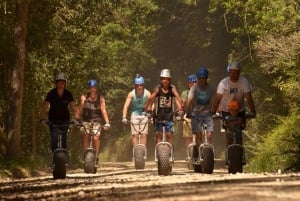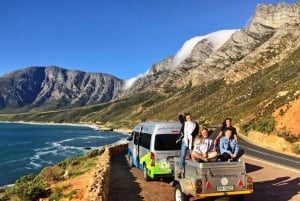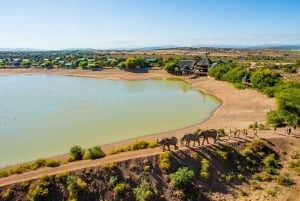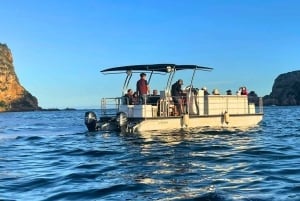Health, Insurance and Emergencies
Health, Insurance and Emergencies
South Africa does not have a good public health system and therefore, most health care is private. Comprehensive travel insurance is a must when travelling to South Africa’s Garden Route and Eastern Cape and you should not leave home without it. There are numerous providers of health care and depending on who your insurance is with there are different points of contact for different services. It is worth checking with your insurance provider which companies they use in South Africa.
General emergency Numbers:
Ambulance: 10177
Fire: 10177
Police: 10111
Vaccinations
There are no compulsory vaccinations for the Garden Route and the Eastern Cape and the Eastern Cape is one of the only places on the African continent where you can enjoy malaria free game viewing.
Health Departments do, however often recommend several standard vaccinations and you should check with your own doctor or department of health as to which vaccinations are recommended for travel to South Africa.
The following are only guide lines so please check with you local doctor before travelling.
Inoculation Certificates are not required at present unless you are travelling from a yellow-fever endemic area. It is recommended that you have your inoculation 4 – 6 weeks prior to arriving in South Africa as the certificate is only valid 10 days after receiving the inoculation. It then remains valid for a 10 year period.
Hepatitis B Inoculations are advised for children less than 12 years old who did not receive the inoculation as infants. A booster dose may be advised by your GP for Tetanus and Measles before departure.
Malaria - depending on your destination in South Africa your health professional may recommend that you take Malaria prophylaxis. The Garden Route Eastern and Western are totally malaria free but it is wise to get professional advice when visiting other areas of South Africa. When visiting areas where malaria could be a problem you are advised to wear long pants, cool cotton long sleeved shirts, closed shoes and to sleep under mosquito nets at night. If you are pregnant is it advisable not to visit a malaria area.
HIV/AIDS – always keep in mind that South Africa has one of the highest rates of HIV/AIDS and all necessary precautions should be taken when having sex.
Bilhazia – if you intend swimming in some of the beautiful and inviting rivers in South Africa remember Bilhazia can be a problem. Luckily if you do get Bilhazia it is easily treated if you catch it early. 6 – 8 weeks after returning home have a simple routine blood test. Rather make enquiries with local residents before swimming in rivers as it is advisable not to swim in water known to carry Bilhazia.











